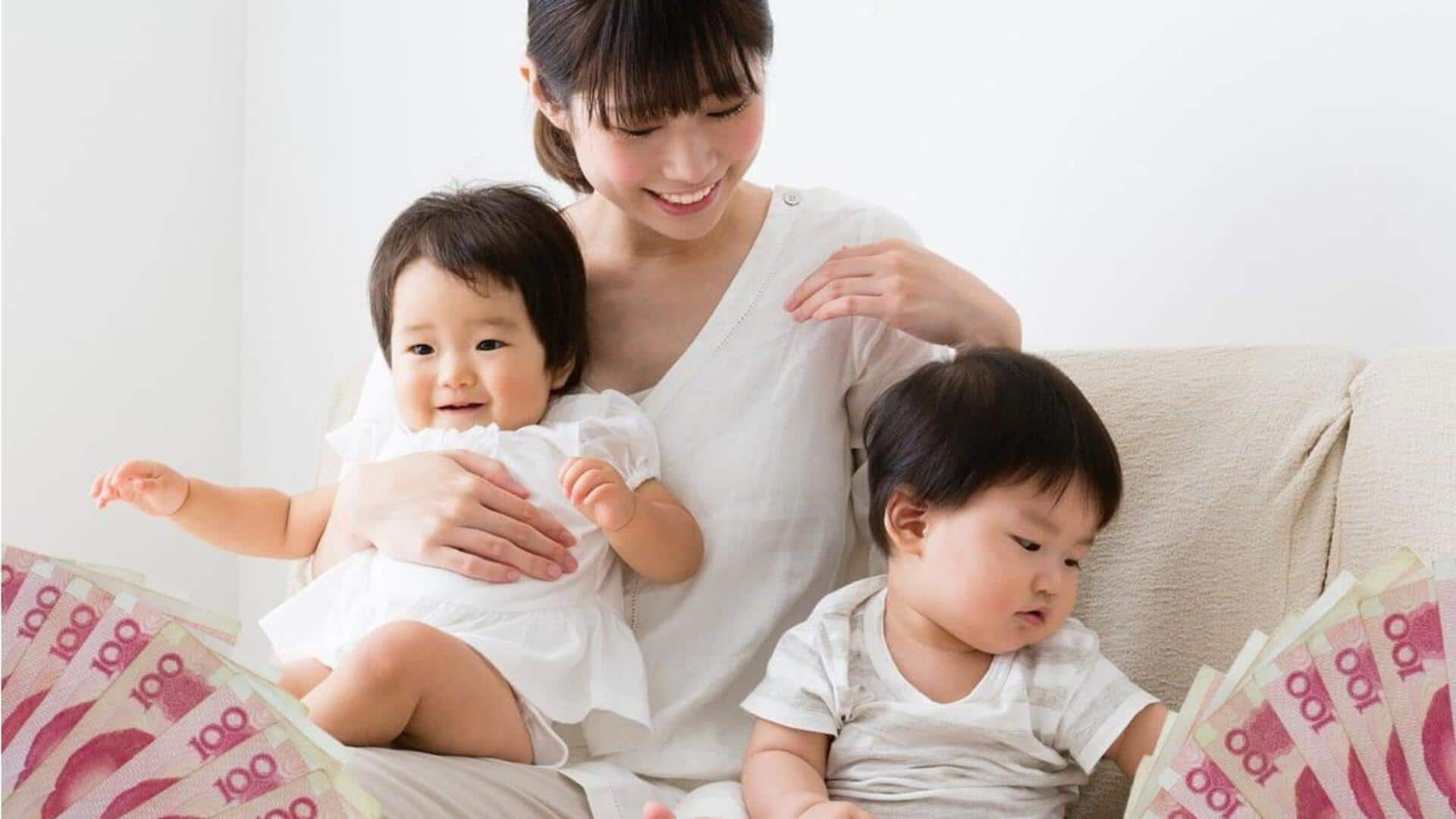
Chinese couples are hiring 'parents' to raise kids
What's the story
China's affluent families are opting for "professional parents," highly trained child companions who cater to their children's academic, emotional, and daily needs. These professionals are primarily sourced from top-tier universities like Harvard, Cambridge, Tsinghua, and Peking University. They boast advanced degrees and a wide range of skills including multilingualism, sports proficiency, and a deep understanding of child psychology. For their services, these professionals earn monthly salaries ranging between CNY 10,000 to CNY 30,000 (approximately ₹1.17 lakh to ₹3.52 lakh).
Role description
A day in the life of a professional parent
The role of a professional parent extends beyond traditional tutoring or nanny duties. Song Siyu, a child companion from Chongqing, describes her responsibilities as helping the child with homework, engaging in sports, and addressing the kid's emotional needs from 5:30pm to 8:30pm on weekdays.
Growth
The rise of professional parents in China
The demand for professional parents is primarily driven by wealthy families who prioritize their careers and want the best for their children. These professionals are often hired directly via social media platforms, bypassing traditional agencies and regulatory oversight. In addition to academic support and emotional care, they also undertake typical parental responsibilities like taking children to doctors or traveling with them, offering both on-site and live-in services based on the family's needs.
Industry challenges
Concerns in the industry
The professional parent industry is predominantly female-driven, with "professional mums" significantly outnumbering their male counterparts. This gender imbalance stems from traditional views that child-rearing is primarily a maternal responsibility. Another concern is the potential for strong emotional bonds to form between child companions and the kids, which experts warn should not replace genuine parental involvement.